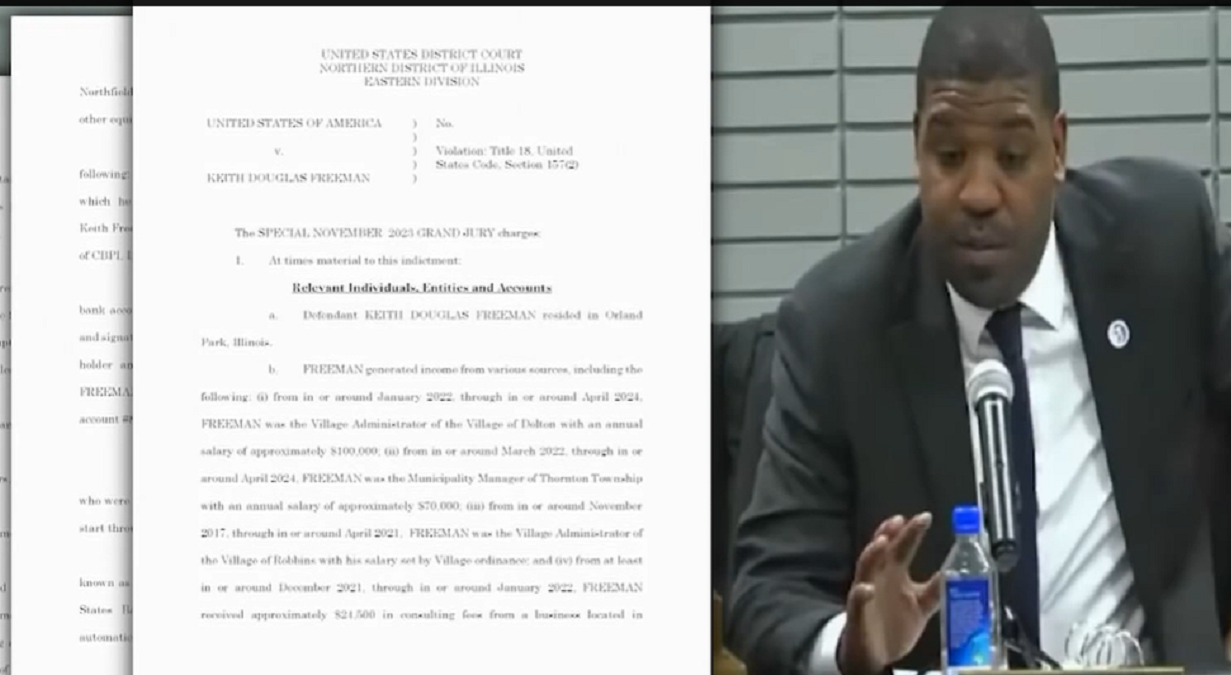A recent study published in The Journal of the American Medical Association concluded colleges would need to test students for coronavirus every two days in order to reopen safely.
But with the costs and number of tests needed for that level of broad, repeated testing, scientists are looking into a cheaper alternative: pool testing.
Instead of testing individual samples, in pooling, multiple samples are collected and tested together in groups. If the group tests negative, all people in that pool are presumed to be negative for the virus. If a group tests positive, all individuals are then re-tested.
“Pooling would give us the capacity to go from a half a million tests a day to potentially 5 million individuals tested,” said Dr. Deborah Birx, a member of the White House Coronavirus Task Force, in June.
According to Birx and other experts, pool testing would also be much more cost-effective and allow entities, such as colleges and certain businesses, to conduct surveillance screening – testing large swaths of the population and not just those with symptoms.
“This frequent testing of everybody will enable us to capture asymptomatic cases,” said Dr. Hadi Meidani, an assistant professor in the Dept. of Civil and Environmental Engineering at the University of Illinois Urbana Champaign. “You don’t need to spend close to $100 for each test. You could spend $100 to test 40 individuals.”
Dr. Meidani and a team at UIUC is studying best practices of pool testing, such as how many people should be included in a pool to maintain accuracy and how frequently testing should be done. Meidani said he has yielded accurate results in a pool of up to 40 different samples.
Local
Meidani said pool testing, however, does have limitations and would only make sense in communities where the infection rate is relatively low. He said college campuses are good candidates for pool testing.
“Campuses have tens of thousands of students, relatively in a small area, you can expect a fast spread of the virus if socially distancing and infection control practices are not effective,” Meidani said. “That’s why we are proposing this frequent testing.”
Currently, the Centers for Disease Control and Prevention is recommending institutions of higher education to test individuals with symptoms and asymptomatic individuals with a known or suspected exposure to COVID-19.
However, many experts agree that the current model of testing throughout the country – testing people with symptoms or those who worry they may have come into contact with someone with coronavirus – is too infrequent to get a true picture of the virus spread.
“We don’t even know the prevalence (of the virus) in a broad community,” Meidani said.
NBC 5 Investigates polled dozens of Illinois universities to find if they have plans to pool test. While many said their plans are still being developed, a few said they will expand surveillance testing.
UIUC, which has developed a saliva test that the university says will allow it to test up to 10,000 people a day, said it will require faculty and students who attend in-person activities to be tested twice a week. A university spokesperson said it is seeking FDA approval for the saliva test for broader use.
Gov. Pritzker also said his administration is in talks with UIUC to make the saliva test more widely available throughout Illinois.
Bradley University in Peoria plans to randomly select 300 people each week for surveillance testing. The Illinois Institute of Technology also said it will begin voluntary random testing every two weeks to determine the prevalence of the virus on campus.



